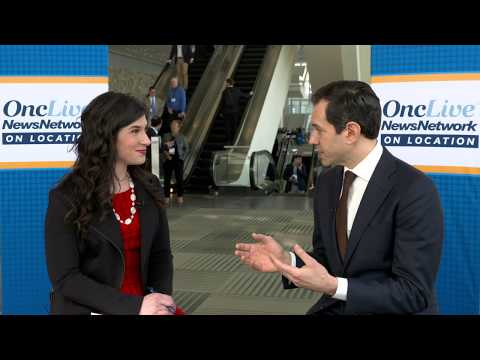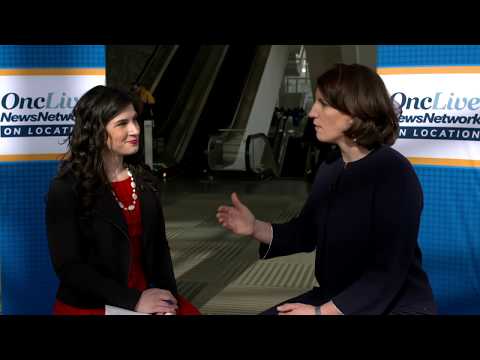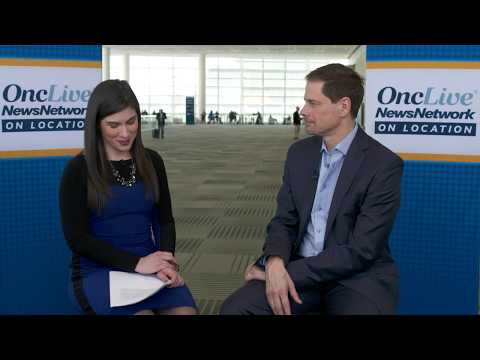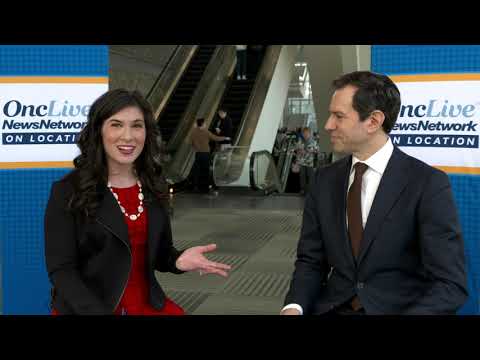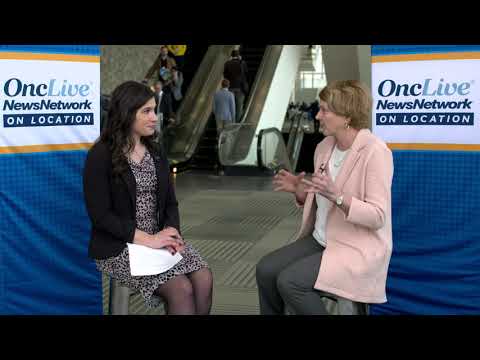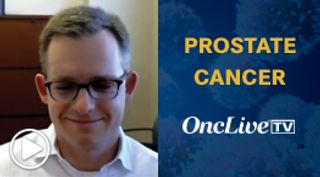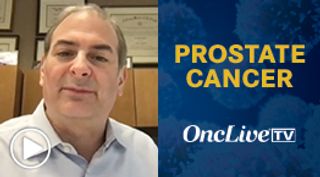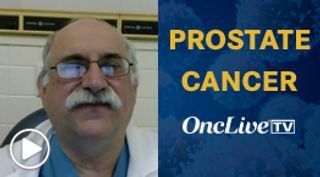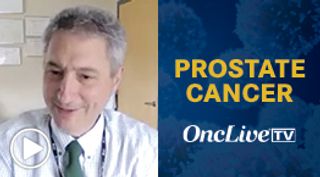
Prostate Cancer
Latest News
Latest Videos

CME Content
More News
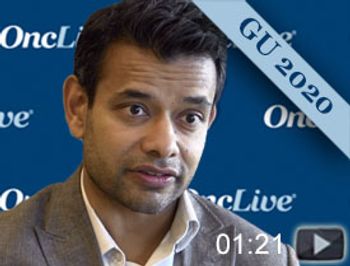
Sumanta K. Pal, MD, associate clinical professor, Department of Medical Oncology and Therapeutics Research, co-director, Kidney Cancer Program, medical oncologist, City of Hope, discusses the phase Ib results of cohort 6 from the COSMIC-021 trial in patients with metastatic castration-resistant prostate cancer.

Heather H. Cheng, MD, PhD, discusses the goals of the ongoing GENTleMEN trial in prostate cancer.
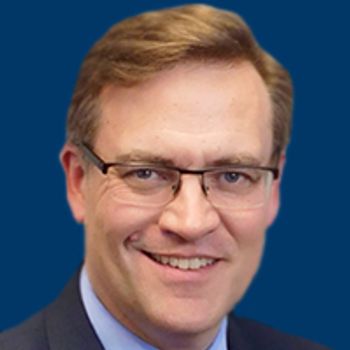
The treatment paradigm for patients with prostate cancer is evolving, with the growth of approved and newly developed agents and an increased understanding of the role of genomic drivers.
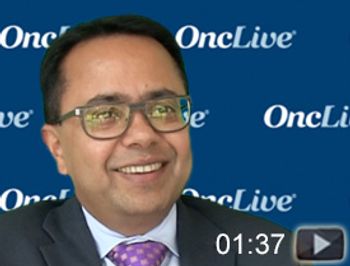
Neeraj Agarwal, MD, discusses the need for further drug development in metastatic castration-sensitive prostate cancer.
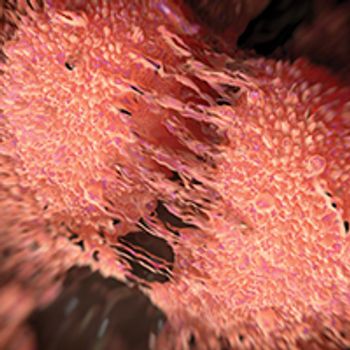
Enzalutamide plus androgen deprivation therapy demonstrated a statistically significant improvement in overall survival compared with placebo/ADT in patients with nonmetastatic castration-resistant prostate cancer.
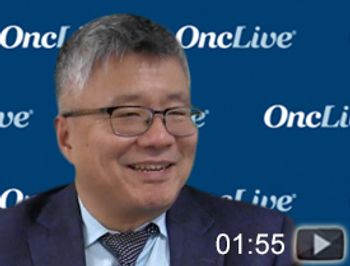
William K. Oh, MD, chief, Division of Hematology and Medical Oncology, professor of medicine and urology, Mount Sinai Hospital, and deputy director of The Tisch Cancer Institute, discusses targeted treatment in metastatic castration-resistant prostate cancer (mCRPC).
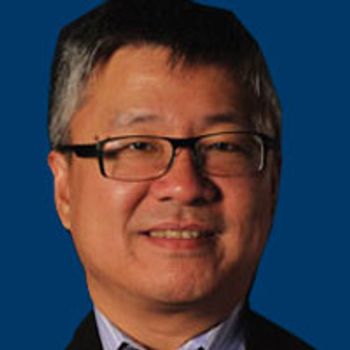
William K. Oh, MD, sheds light on how he approaches treatment in patients with metastatic hormone-sensitive prostate cancer.
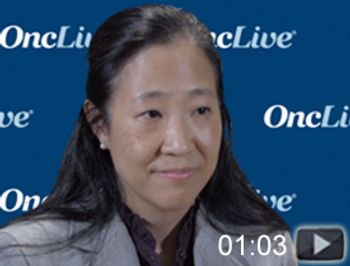
Clara Hwang, MD, discusses the evolution of treatment for men with metastatic castration-sensitive prostate cancer.
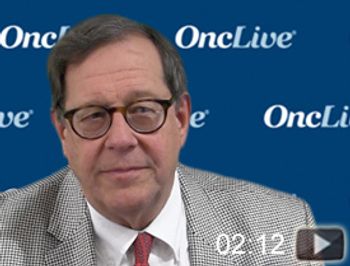
A. Oliver Sartor, MD, professor of medicine, medical director, Tulane Cancer Center, and C. E. and Bernadine Laborde Professor of Cancer Research, Departments of Medicine and Urology, Tulane University, discusses emerging agents in prostate cancer.
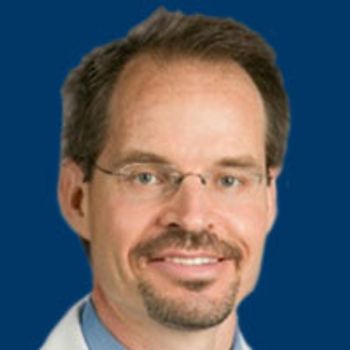
Thomas J. Polascik, MD, discusses the growing relevance of genetic testing for men with prostate cancer and those at a high risk of developing the disease.
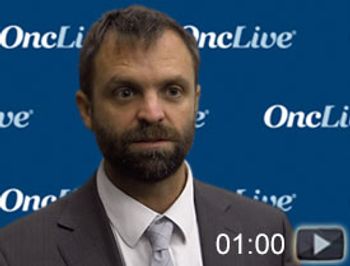
David Morris, MD, FACS, discusses choosing the best agent to treat patients with nonmetastatic castration-resistant prostate cancer.
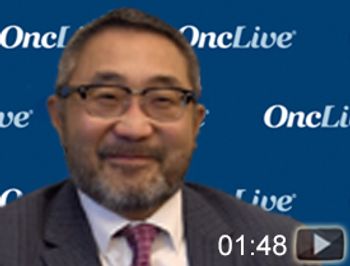
Sam S. Chang, MD, MBA, discusses adjuvant versus salvage radiation in patients with nonmetastatic high-risk prostate cancer.
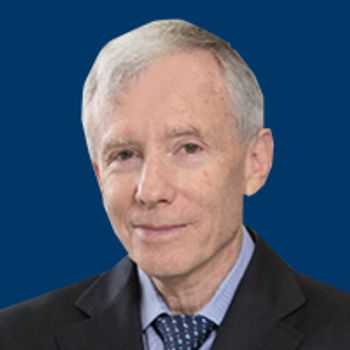
The European Medicines Agency’s Committee for Medicinal Products for Human Use has adopted a positive opinion for a Marketing Authorization Application for darolutamide for the treatment of patients with nonmetastatic castration-resistant prostate cancer who are at high risk for developing metastatic disease.

Darolutamide plus androgen deprivation therapy (ADT) led to a significant improvement in overall survival (OS) compared with placebo and ADT in patients with nonmetastatic castration-resistant prostate cancer, according to results from a preplanned final OS analysis of the phase III ARAMIS trial.
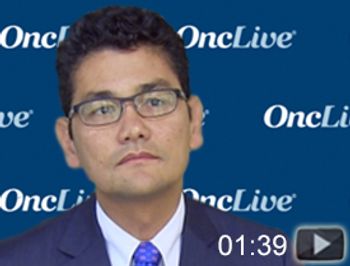
Alan H. Bryce, MD, discusses ongoing research regarding CDK12 alterations in prostate cancer.
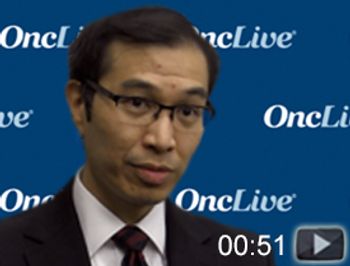
Eric Shinohara, MD, MSCI, discusses the toxicities associated with stereotactic body radiotherapy in prostate cancer.
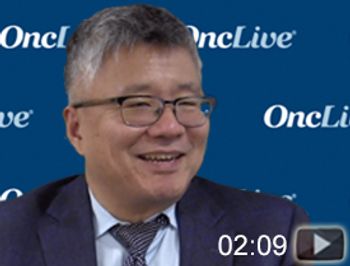
William K. Oh, MD, discusses the phase III ENZAMET trial in metastatic hormone-sensitive prostate cancer.
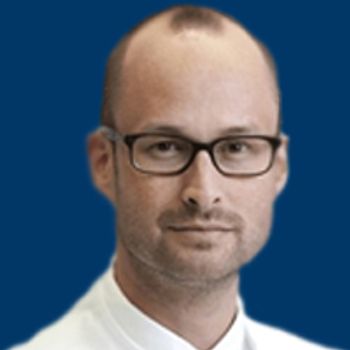
The European Commission has approved apalutamide for use in combination with androgen deprivation therapy for the treatment of adult men with metastatic hormone-sensitive prostate cancer.
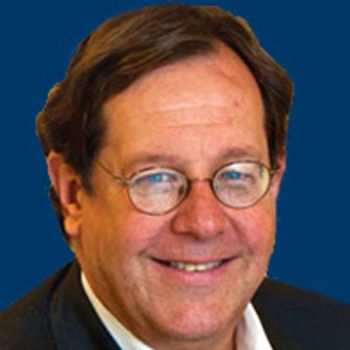
A. Oliver Sartor, MD, discusses the development of radiopharmaceuticals in prostate cancer.
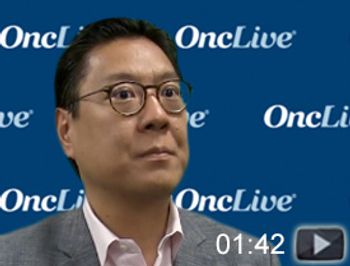
Phillip J. Koo, MD, division chief of Diagnostic Imaging, Banner MD Anderson Cancer Center, discusses the actionability of next-generation imaging results in prostate cancer.
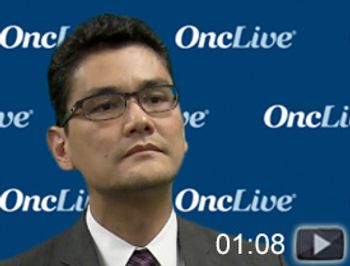
Alan H. Bryce, MD, assistant professor of medicine and medical director of the Genomic Oncology Clinic, Mayo Clinic, discusses ongoing research in prostate cancer.
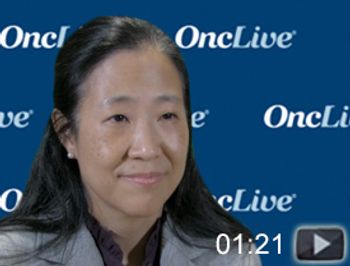
Clara Hwang, MD, a medical oncologist with Henry Ford Health System, discusses the state of treatment in metastatic prostate cancer.
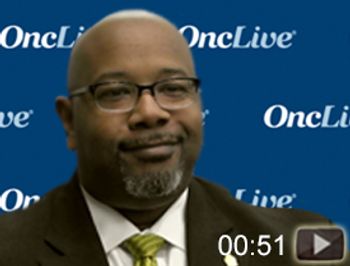
Kelvin Alexander Moses, MD, PhD, discusses ongoing clinical trials in metastatic hormone-sensitive prostate cancer.
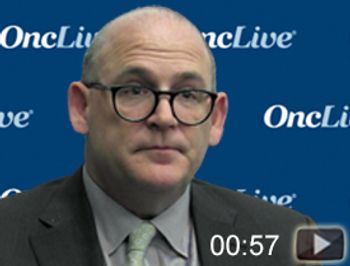
David F. Penson, MD, MPH, MMHC, discusses the importance of maintaining quality of life for patients treated with androgen receptor inhibitors in nonmetastatic castration-resistant prostate cancer.
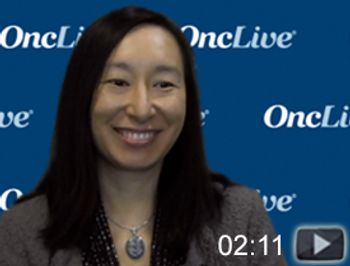
Heather H. Cheng, MD, PhD, discusses considerations for molecular testing in prostate cancer.


